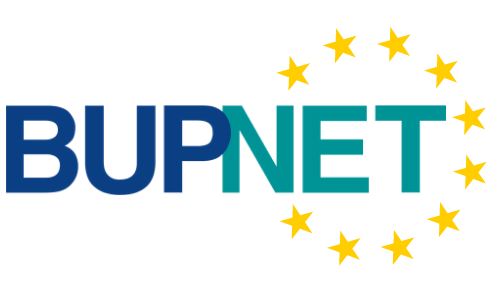 In the first project months the project partners have conducted comprehensive research actitvities that have given interesting insights how young people in different European countries experience the fake news phenomenon and to what extent they apply their critical thinking skills when exposed to untrustworthy information. For that purpose, a combination of four research instruments (PESTLE analysis; best practices analysis; survey; and interviews/focus groups) were applied. All results were summarised in a European report. The report summarizes and presents the main insights and opinions of 236 youth who took part in on online survey, and 76 youth who have taken active role during the conducted interviews/focus groups in the six partners countries.
In the first project months the project partners have conducted comprehensive research actitvities that have given interesting insights how young people in different European countries experience the fake news phenomenon and to what extent they apply their critical thinking skills when exposed to untrustworthy information. For that purpose, a combination of four research instruments (PESTLE analysis; best practices analysis; survey; and interviews/focus groups) were applied. All results were summarised in a European report. The report summarizes and presents the main insights and opinions of 236 youth who took part in on online survey, and 76 youth who have taken active role during the conducted interviews/focus groups in the six partners countries.
The Desk research shows that in most of the partner countries there is a political will to regulate the dissemination of fake news, adopt laws and even integrate classes on media literacy at schools. However, still the fake news spreading during elections is at its peak. A lot of legal reforms were made but mainly following the EU policies. But … Please find the Situational analysis report.
